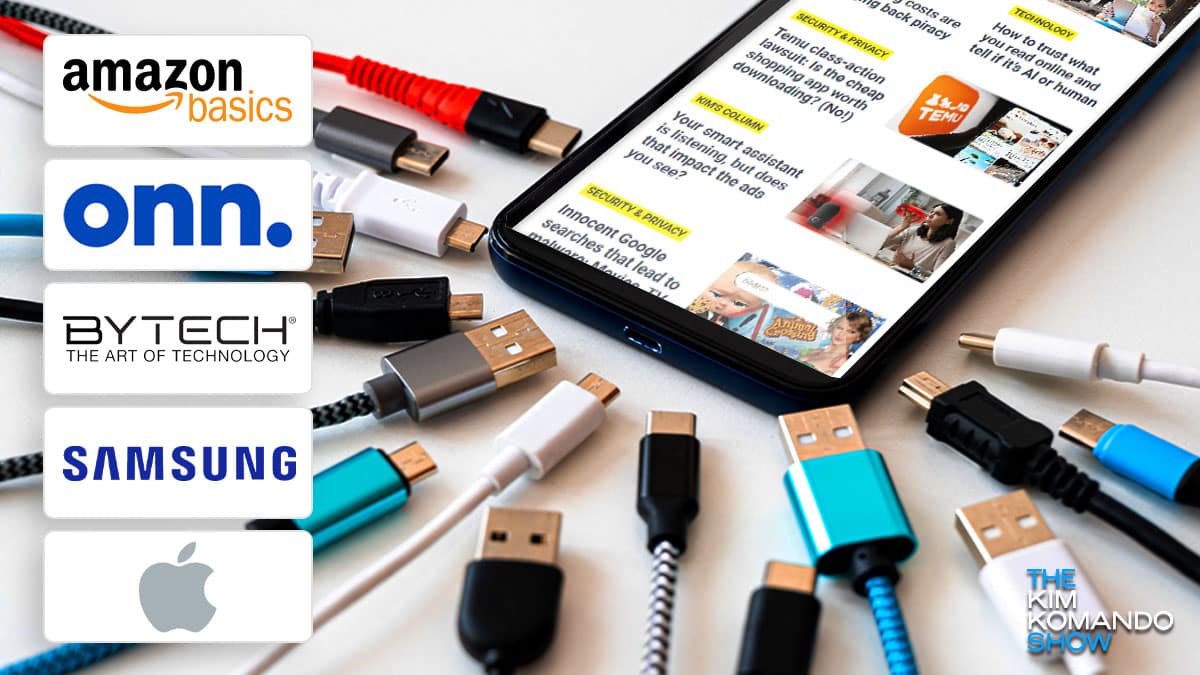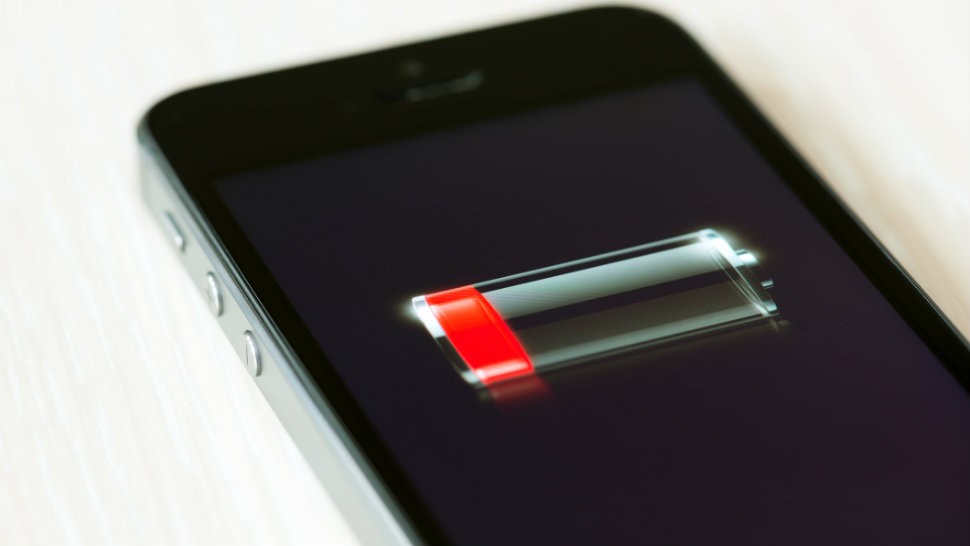You leave your phone charging, then wake up — late — because, whoops, it’s dead and the alarm did not go off. That cord gave out on you. That’s the best-case scenario. Worst case: A phone charger starts a fire while you’re sleeping.
Don’t you dare roll your eyes at me and think, “Kim, you’re so dramatic.” It happened to a girl who went to bed with her iPhone next to her. She woke up to flames and was severely burned after the charger caught fire and ignited the blanket. Cheap knock-off accessories were to blame.
We all want a deal, but never at the expense of safety. When it comes to cables, where do you draw the line?
Bad charges make me testy
The fine folks at Consumer Reports dug deep to find the answers. They bought seven charging cables with prices ranging from $4.88 to $29 and conducted some pretty dang rigorous testing.
The Rapid Response team (bet the members brag about that at parties) used a specially adapted motorized rig to simulate real-world conditions. The tests consisted of:
- The Bend Test: Repeatedly bending one end of the cable at a 90-degree angle until it fails to power a device.
- The Twist Test: Continuously twisting each cable while it powered a device.
I bet you’re like me and wondered, “Are those Amazon chargers and cables any good? They’re so cheap!”
The revealing results
The good news: Every cable they tried withstood the Twist Test. The Bend Test is where things got interesting.
- The Apple Lightning cable ($29) survived over 11,500 bends. (That’s when they stopped testing.)
- The Amazon Basics USB-C cable ($8.54) held up just as long.
- The Bytech USB-C cable and Walmart’s Onn Lightning cable did not fare as well. The Bytech cable (just under $5) failed before reaching 710 bends. The Walmart cable (around $5) stopped working before 796 bends.
The burning question?
Continue reading →
We may receive a commission when you buy through our links, but our reporting and recommendations are always independent and objective.



